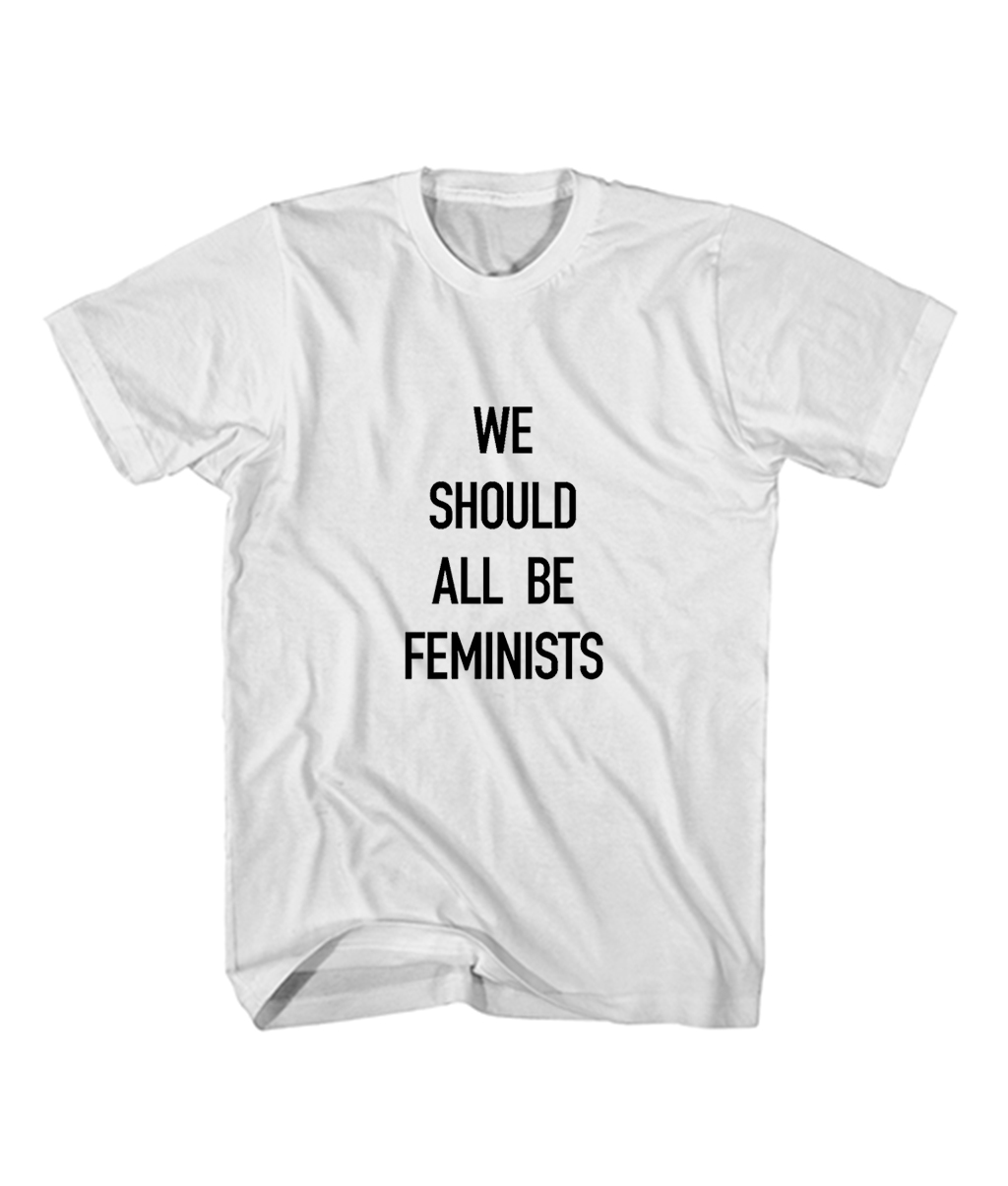

“She was a feminist,” Adichie tells Okolama, “Women have to choose for themselves.” “I told Okoloma about my great-grandmother.”Īdichie acknowledges the role of physical strength determining male leadership in the past, but now that cunning and intelligence are more needed instead, “girls are just as smart as boys.” When Adichie talks about how boys are allowed to be combative and angry, Freeman’s double-page illustration features climate activist Greta Thunberg with a G and T on her coat and her signature pigtails, arms crossed in anger about global warming.

The opening story is about Adichie’s great-grandmother who refuses to marry someone she doesn’t love, running away to marry a man she did love. When she looked up the word and realized what it meant, then she understood “what he wanted to say,” the implication that feminists were angry unreasonable beings.įreeman chooses stories from Adiche’s original text that highlight and describe what feminism really is so that her version of Okolama, and her readers, can understand why feminism is so important. Adichie admits that she didn’t know what the word feminist meant when Okolama used that word in anger. Her best friend joins her, a Nigerian boy named Okolama, who was the first person to ever call Adichie a feminist during an argument when they were teenagers. In Freeman’s picture book interpretation, Adichie is depicted with her natural hair up in a bun as a young girl with a bright green tent dress with her full name in darker green letters. “When you’re accustomed to privilege, equality feels like oppression.” Adichie’s original TED Talk “We Should All Be Feminists”, TED圎uston, December 2012


 0 kommentar(er)
0 kommentar(er)
